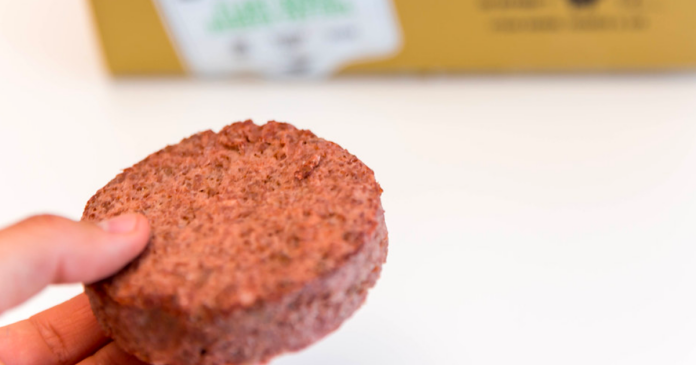Although fewer consumers are buying fake plant-based meat products and companies like Beyond Meat are struggling to rebound, one industry group says that meat alternative products have a bright future.
Citing a study by Ernst & Young, Protein Industries Canada CEO Bill Greuel says he expects Canadians to indulge in the next wave of products which seek to simulate more tender cuts of meat and even salmon steaks.
According to Greuel, Canada needs to consider policy options to make it easier for alternative protein companies to break into the market.
“We need to really think about how competitive our jurisdictions are in this country relative to the incentives put in in the U.S.,” said Greuel.
The Ernst & Young study commissioned by Protein Industries Canada claims that the fake meat industry will reach $139.4 billion USD by 2035 – up from $16.5 billion USD in 2021.
That would mean an annual compound growth rate of 16.5% each year.
Other companies like CoBank have disputed these projections. In a recent report, analysts found that as of July 2, fake meat sales were down 21% when compared to last year.
The Trudeau government has waded into the field of protein alternatives.
A recent government-funded program for start-up businesses in the field included one business that specializes in edible insects.
The company, Bug Mars, works on “sustainable alternative proteins” like crickets.
Additionally, the Trudeau government put out a call to recruit small businesses involved in the insect and alternative protein industry to attend a UK conference on the future of food supplies.
“The program will include pitch sessions and (business to business) meetings with selected top-tier UK SMEs focused on alternative proteins,” wrote Protein Industries Canada.
“For the purpose of this mission, alternative proteins will include firms leveraging plant-based, cellular agriculture, insect and fermentation technologies.”






















